New tensions between Greece and the British Museum in London after the London institution hosted a lavish gala dinner in the hall that holds the famous Parthenon Marbles. The event, dubbed the “Pink Ball,” was held last Oct. 18, in the spaces where the Greek Marbles are kept but also in other spaces (such as, for example, the Buddhist art room), and was described by Greece’s Ministry of Culture as “offensive” and dangerous to the integrity of the works on display. The condemnation comes just over a year after the appointment of Nicholas Cullinan as director of the museum, a figure who had expressed his intention to build a collaborative and lasting relationship with the Greek government regarding the future of the Marbles.
The evening, with tickets costing £2,000 each, was attended by some 800 guests, including celebrities of the caliber of Mick Jagger, Naomi Campbell, Miuccia Prada, Alexa Chung, Tracey Emin, and Sheikh Al-Mayassa Al Thani of Qatar. Organized by Cullinan himself along with Isha Ambani, an art patron and daughter of Asia’s richest man, the dinner aimed to generate new sources of funding for the museum amid increasing cuts to public funding of British cultural institutions. “The British Museum will host its inaugural ball this fall,” the museum had announced on the eve of the event. “This historic annual event will celebrate London’s status as one of the world’s leading cultural capitals and establish a new highlight in the international social calendar. Chaired by patron and entrepreneur Isha Ambani, together with the director, Nicholas Cullinan, and members of the British Museum’s Board of Trustees, the British Museum Ball promises to be one of the most prestigious new events of London’s cultural season.”
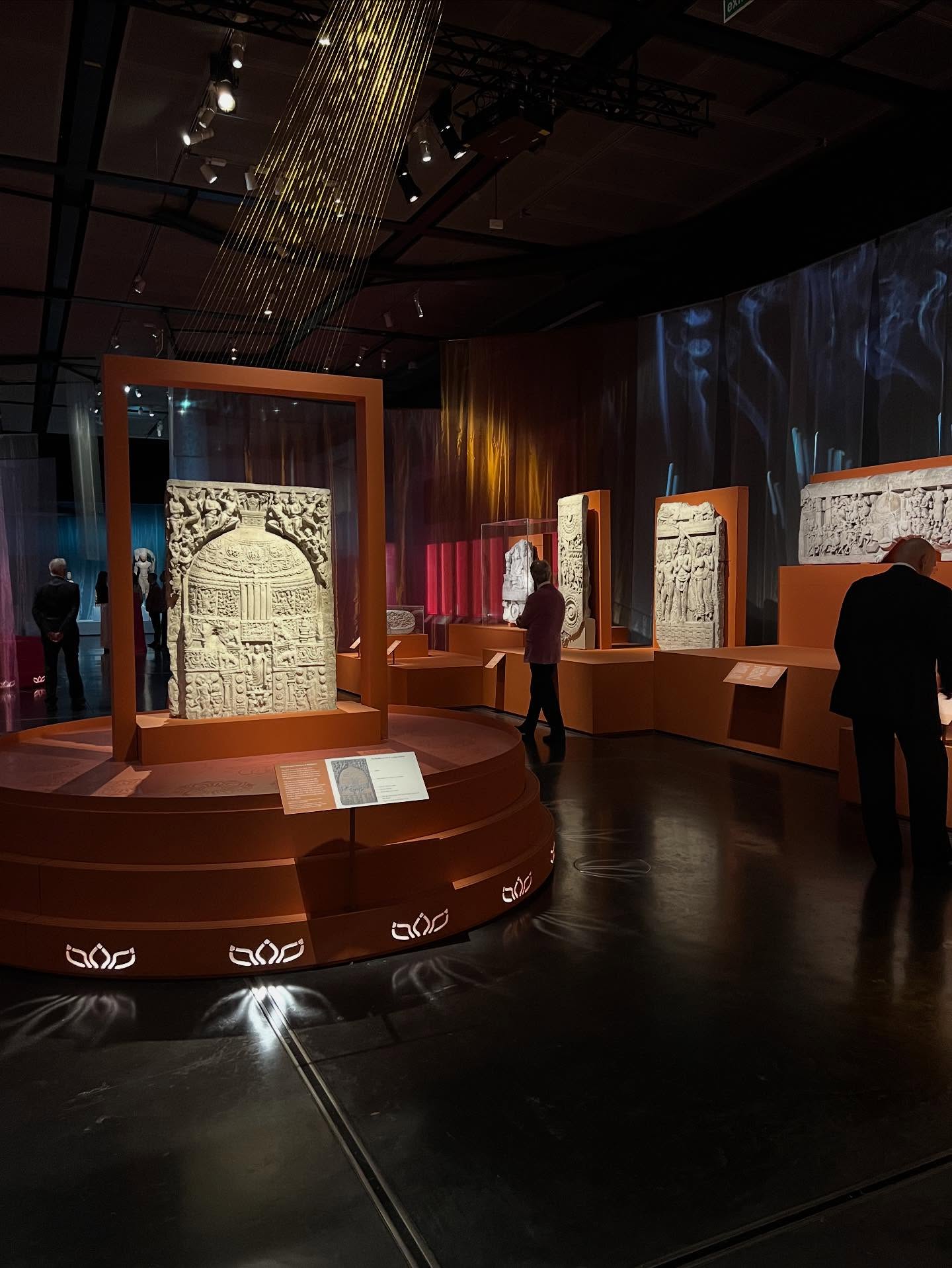
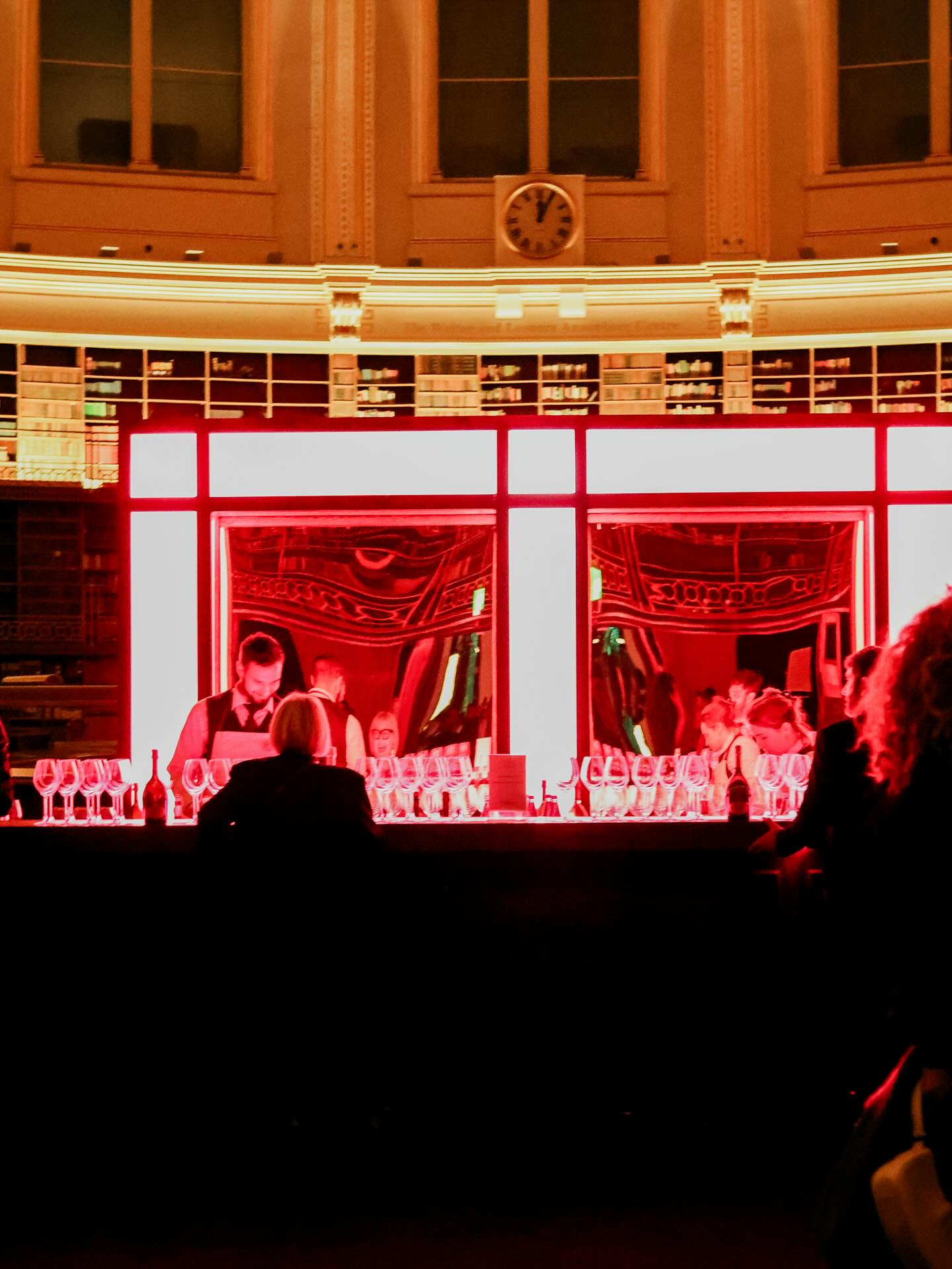
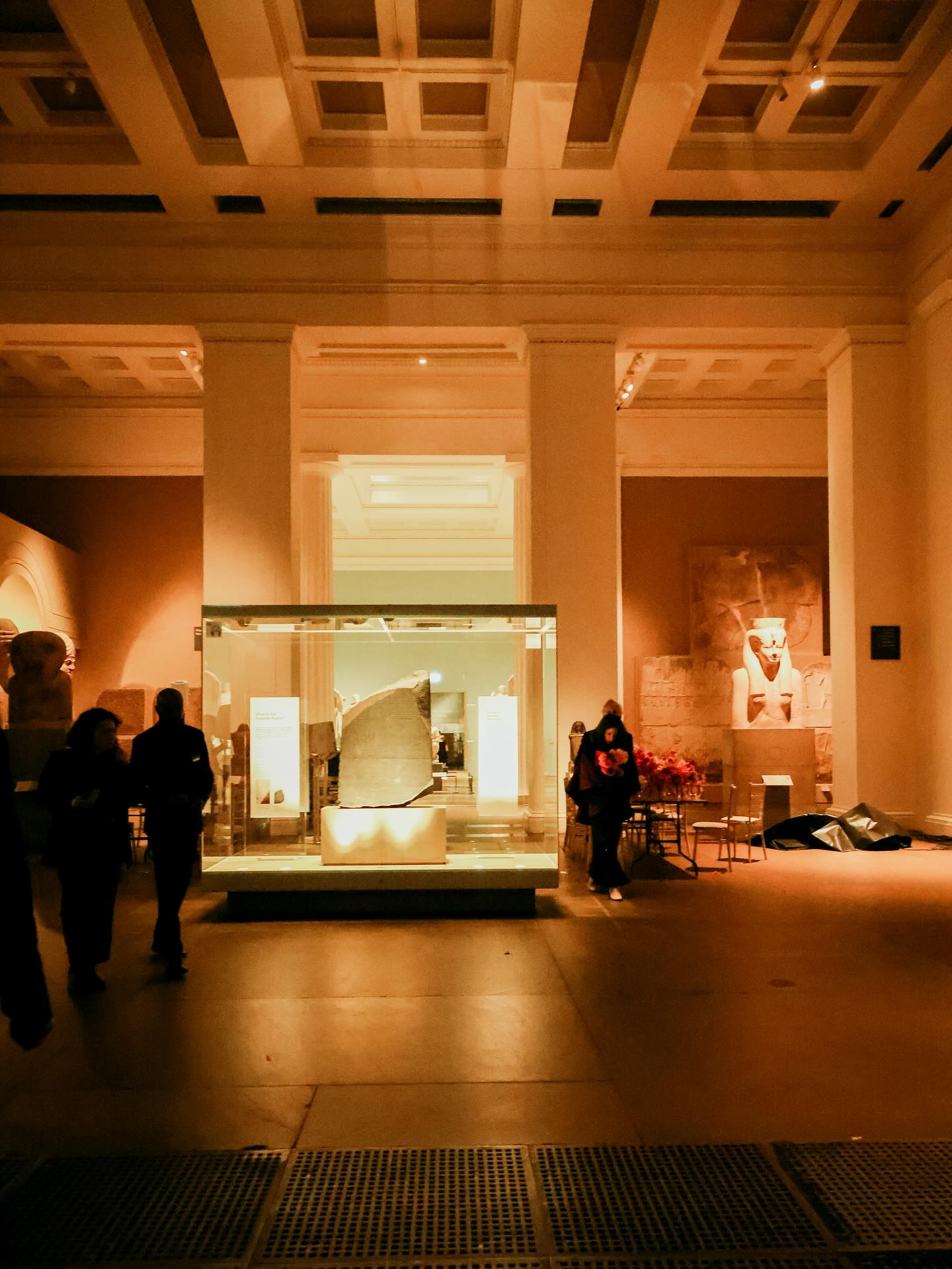
But the initiative, inspired by New York’s famous Met Gala, triggered negative reactions from several fronts. In response to a press question, Greece’s Minister of Culture, Lina Mendoni, reiterated her ministry’s official position: “The Ministry of Culture has condemned, repeatedly and over time, dinners, receptions and fashion shows held in museum spaces where monuments and works of art are displayed. Such actions are offensive to cultural heritage and endanger the works themselves. This is exactly what the British Museum Administration did last Saturday, once again using the Parthenon sculptures as decorative elements for the dinner it organized. The safety, integrity and ethics of the monuments should be the primary concern of the British Museum, which once again demonstrates a defiant indifference.”
The criticism is not new: back in February 2024, the museum stirred controversy by allowing British fashion house Erdem to present its fall/winter collection right in front of the Parthenon Marbles. On that occasion, Mendoni had accused the museum of showing “zero respect for Phidias’ masterpieces,” commenting on images of models parading in front of the sculptures.
This time, however, the protest was not limited to the diplomatic sphere. The Pink Ball also drew the attention of climate activists, who publicly challenged the museum over its 10-year partnership with British Petroleum (BP), renewed in 2023 for a total value of £50 million. During a speech by the chairman of the board of trustees, George Osborne (former British finance minister and a central figure in the country’s austerity policies), an activist took the stage with a sign that read “Drop BP now,” demanding the immediate termination of the relationship between the museum and the oil company.
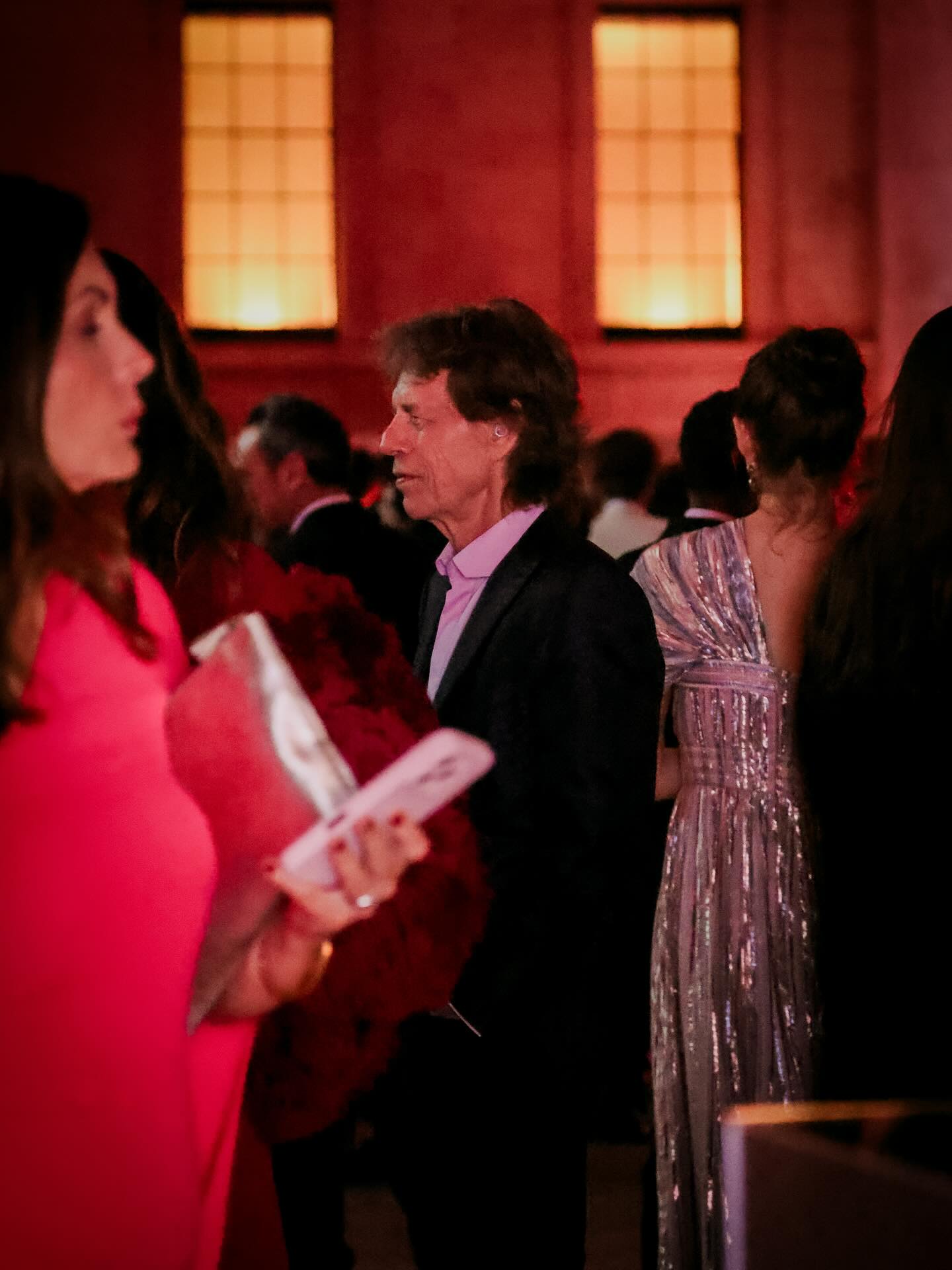
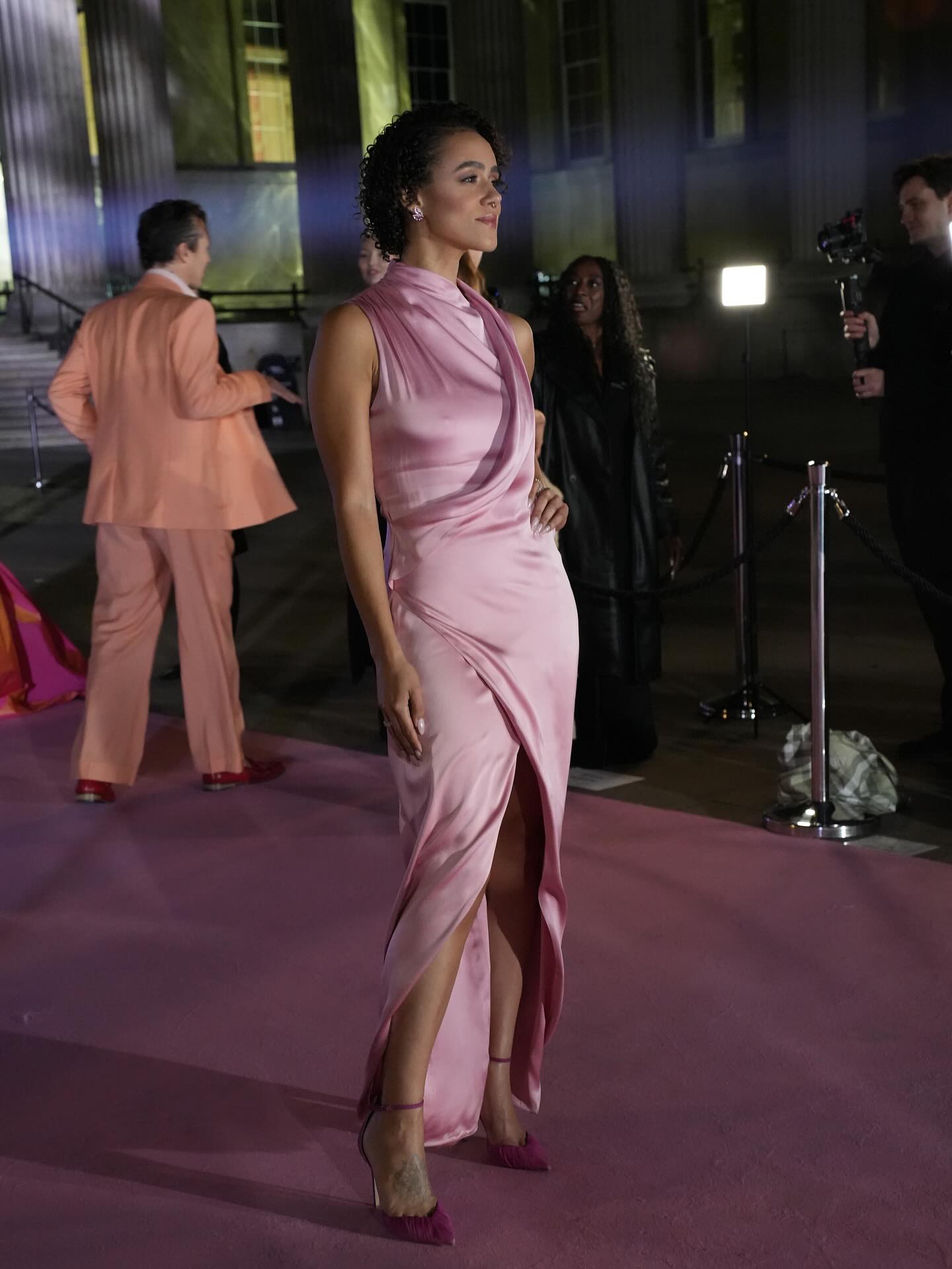
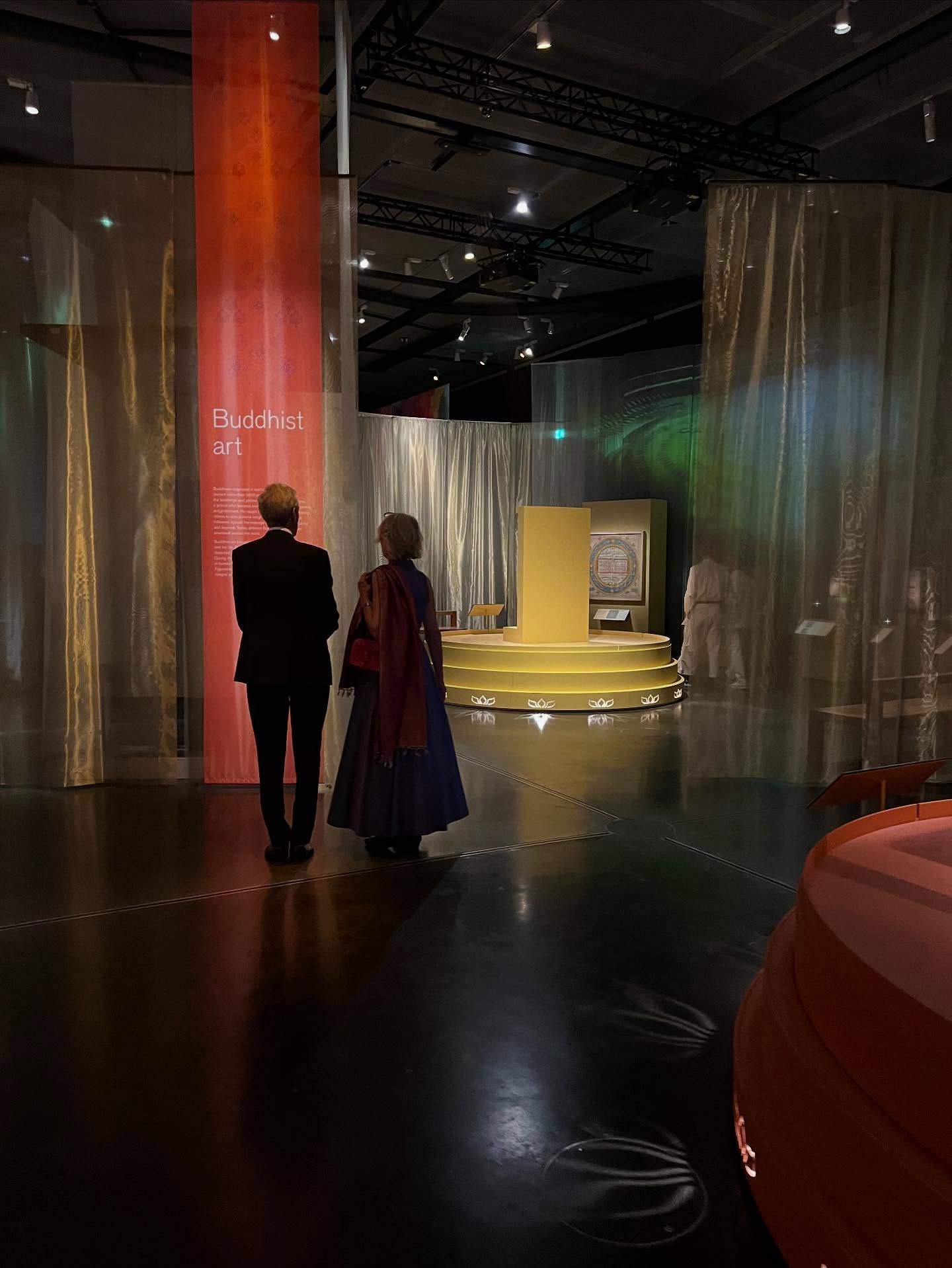
However, despite the controversy, the evening seems to have achieved its financial goal: tickets sold for the Pink Ball enabled the museum to raise about £1.6 million, a figure that is set to rise through a silent auction and additional donations. Part of the funds raised will go toward the British Museum’s international partnerships, which include the presentation of valuable works in new museum venues around the world.
The episode further fuels the debate about how cultural institutions, pressured by continued public cutbacks, seek alternative sources of funding. In this context, however, the diplomatic knot between the United Kingdom and Greece over the issue of the Parthenon Marbles is also rekindled, with Athens continuing to demand their return. The British Museum’s decision to use the very room housing these artifacts for a social event has been perceived by the Greek government as an additional provocation, making a possibility of future understandings even more difficult.
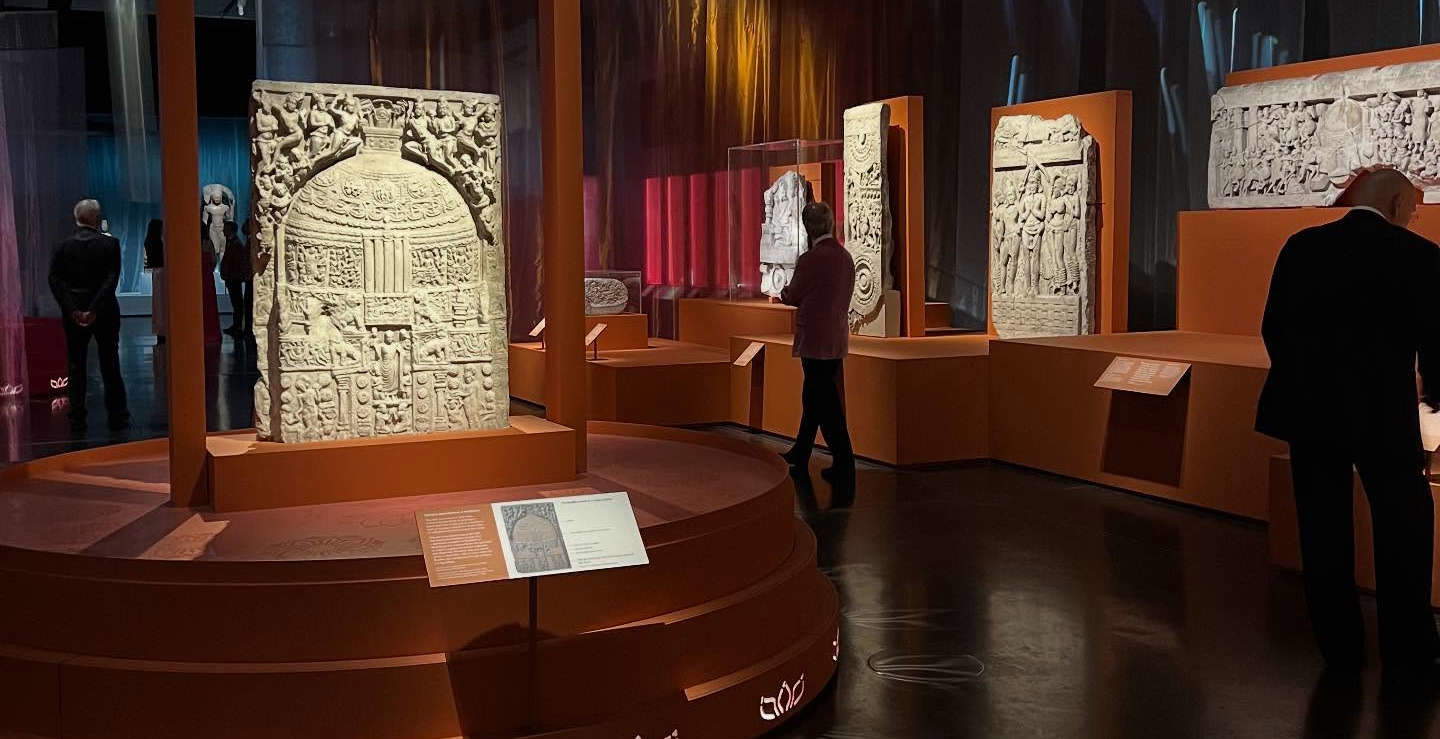 |
| British Museum riles up Greece: 'Outrageous gala among Parthenon Marbles' |
Warning: the translation into English of the original Italian article was created using automatic tools. We undertake to review all articles, but we do not guarantee the total absence of inaccuracies in the translation due to the program. You can find the original by clicking on the ITA button. If you find any mistake,please contact us.